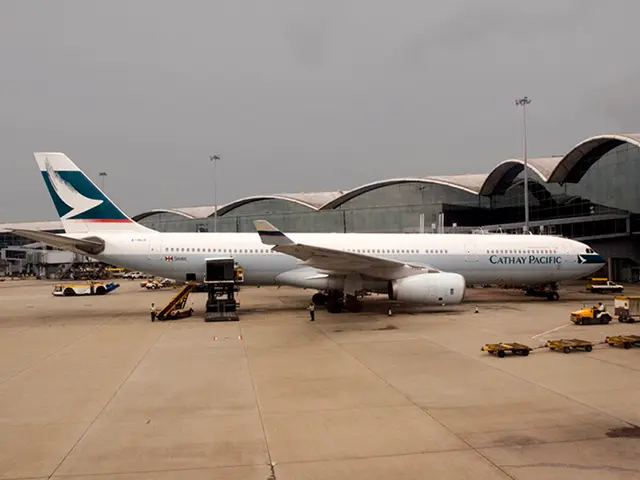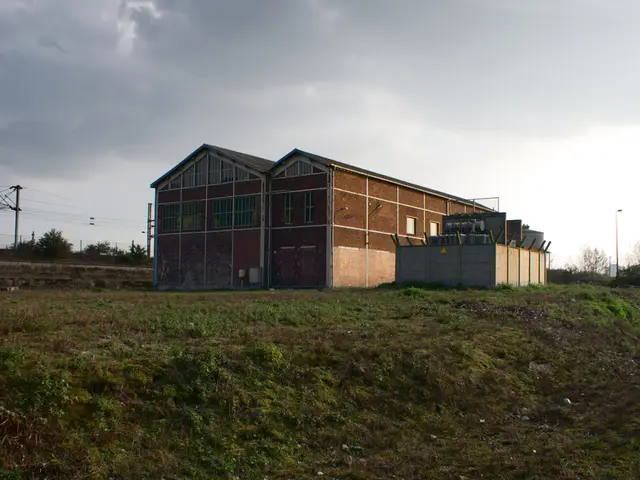A Clash of Perspectives: Poland's Standoff with Germany over Border Controls
Merz's Migration Route Excludes Tusk
The ongoing feud between Poland and Germany revolves around Germany's efforts to intensify border controls. This new direction is a cornerstone of the current German government, led by Chancellor Friedrich Merz, who plans to establish a firmer stance on migration matters[1][2][4]. The objectives involve rigorous scrutiny at the borders sharing Germany with neighboring countries like Poland, Austria, and France, with the goal of repelling more unauthorized migrants, including asylum seekers[1][2][4].
Poland has voiced its discontent, asserting that these controls could disrupt routine border activities and impede the smooth operation of the EU's internal market[1][4]. Poland's ambassador to Berlin, Jan Tombiński, has articulated concerns that the current controls are already causing issues, and further tightening would only exacerbate these predicaments[1][4].
EU's Role in External Border Security
The European Union has devised systems for its member states to secure external borders while preserving internal mobility within the Schengen Area. The Schengen Borders Code permits the temporary imposition of border controls at internal borders under extraordinary circumstances, such as when public policy or internal security is under threat[5].
Against this backdrop, EU collaboration becomes crucial, given Germany's migration policy evolution involves a larger European endeavor to manage migration in conjunction with other EU nations[4]. Whilst the EU framework encourages fortified security measures at external borders, internal border controls are subject to particular conditions and are commonly perceived as temporary measures[5].
Germany's intent to bolster its border controls is viewed as a symbolic declaration to Europe about its migration policy, demonstrating a commitment to more calculated border management, while simultaneously pledging that no vulnerable individuals are unceremoniously refused entry[2]. This ongoing situation underscores the delicate balance between prioritizing security measures and upholding the principles of free movement within the EU.
Essential Points
- Poland's Reservations: Poland harbors apprehensions that the current controls could negatively impact daily border activities and the smooth functioning of the EU's internal market[1][4].
- Germany's Approach: Germany intends to fortify border controls, focusing on repelling irregular migrants, including asylum seekers, as part of its new government's plans[1][2][4].
- EU's Role: The EU serves as a vital partner in securing external borders while preserving internal mobility within the Schengen Area[5]. The EU offers temporary internal border controls under specific conditions and emphasizes collaborative external border security[5].
- The ongoing dispute between Poland and Germany centers on Germany's proposition to amplify employment policy, specifically at the borders with neighboring countries like Poland, Austria, and France, under the new German government's migration policy.
- Poland, however, expresses concerns that these stricter employment policies could encumber routine border activities and hinder the efficient operation of the EU's internal market.
- The European Union, recognizing the necessity for external border security, has devised a system through the Schengen Borders Code, allowing for temporary internal border controls under extraordinary circumstances.
- Germany's decision to strengthen its employment policy at the borders is not only a symbolic statement about its migration policy but also a commitment to more responsible border management, albeit ensuring no vulnerable individuals face undue rejection.
- As the situation unfolds, it highlights the delicate interplay between prioritizing security measures and preserving the principles of free movement within the EU, underscoring the importance of collaboration and policy alignment among member states.








